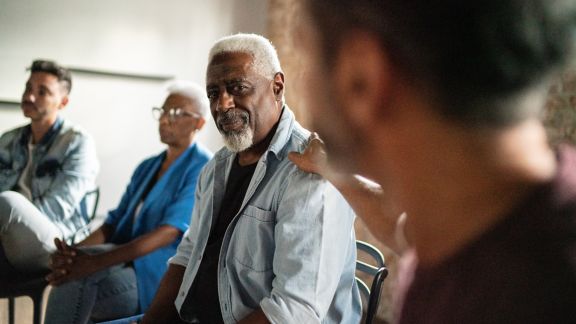Assessing the Effects of Cigar Promotion on Social Media

Problem
Social media are an important, yet understudied, platform for marketing tobacco products, including cigars and cigarillos.
Social media posts that promote of harmful products like tobacco are currently under-regulated, often contain misinformation, and target youth and historically minoritized populations.
Solution
Understanding the Nature and Effects of Novel Strategies to Promote Tobacco Products
To advance regulatory and communication science on the effects of social media promotion of tobacco products, the Social Data Collaboratory (SDC) conduct is conducting the first comprehensive study assessing the intended and unintended consequences of youth and young adult exposure to little cigar and cigarillo (LCC)-related social media content.
Working in collaboration with Truth Initiative, the SDC is using a mixed-methods approach, including machine learning methods and network analysis, together with survey data and data on tobacco product sales. This study examines the impact of exposure to LCC social media content on LCC use, harm perceptions, perceived prevalence of use, initiation, and intentions to use LCCs, and assesses the spillover effects of exposure to LCC-related social media content on attitudes, beliefs, and behaviors related to the use of other combustible products such as cigarettes and marijuana use, accounting for the effect of local policies.
Result
The findings from this project build a methodological base for surveillance and potential regulation of commercial advertising messages on social media platforms.
We developed and compared various influential account detection metrics (e.g., based on the account h-index or position in a social network) to identify opinion leaders and popular users on Twitter/X who market tobacco products. Results indicate that existing influencer metrics are discordant and time-sensitive, often capturing different influential user groups who have influence within distinct virtual communities by topic of interest or function.
By characterizing LCC social messages and accounts posting about LCCs, as well as analyzing the associations between LCC use and the volume of social media messages across geolocations and over time, this study makes a significant contribution to our understanding of the behavioral implications of exposure to social tobacco messages.
Related Tags
Published Research
-
opens in new tabDeciphering Influence on Social Media: A Comparative Analysis of Influential Account Detection Metrics in the Context of Tobacco Promotion.
Journal Article | January 27, 2024
-
Youth and Young Adult Blunt Use Predicts Progression to Other Nicotine Product Use in the United States
Journal Article | December 31, 2023
-
"Disclosure Standards for Social Media and Generative Artificial Intelligence Research: Toward Transparency and Replicability."
Journal Article | January 1, 2023
Project Leads
-
Anna Kostygina
Principal Research ScientistPrincipal Investigator and Project Director -
Sherry Emery
DirectorCo-Investigator -
Yoonsang Kim
Principal Data ScientistCo-Investigator






